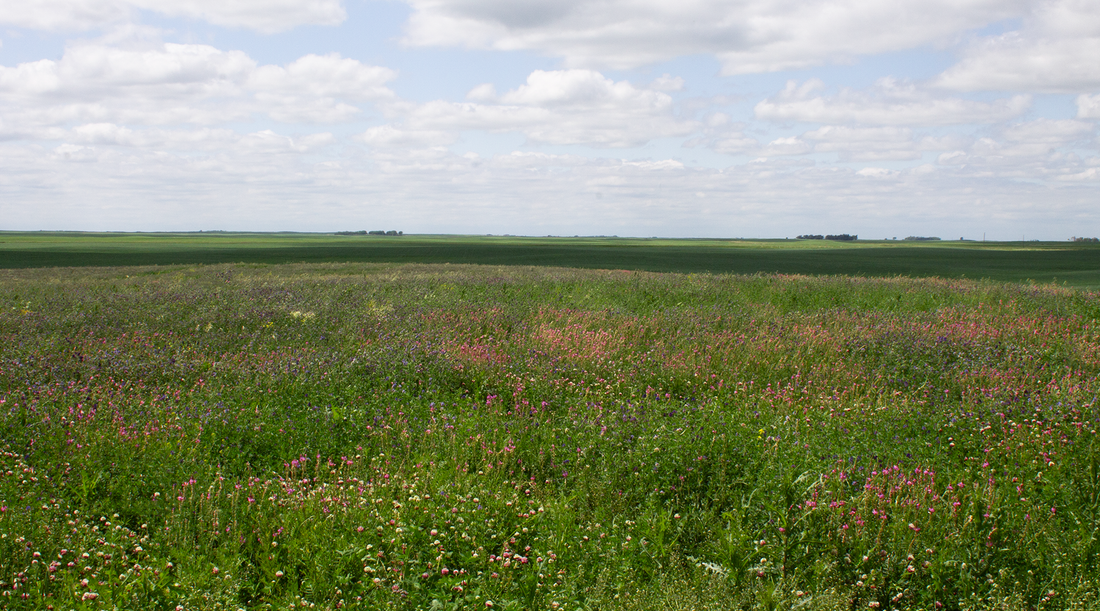
Beeswax Alternatives: Comparing Soy, Paraffin, and More
Introduction: Why Look for Beeswax Alternatives?
Beeswax has long been a popular choice for candles, skincare, and household products due to its natural composition, clean burn, and eco-friendliness. However, some consumers seek alternatives due to cost, availability, ethical concerns, or vegan preferences. This guide compares common beeswax alternatives, including soy wax, paraffin wax, palm wax, and other natural options, helping you make an informed decision.
What Makes a Good Beeswax Alternative?
When choosing an alternative to beeswax, consider the following factors:
- Sustainability – Is it derived from renewable sources?
- Burn Quality – Does it produce soot or harmful toxins?
- Longevity – How long does it burn compared to beeswax?
- Scent Retention – Does it hold and distribute fragrance well?
- Affordability – Is it cost-effective for candles or skincare?
Comparing Beeswax Alternatives
1. Soy Wax
Soy wax is one of the most popular alternatives to beeswax, especially for candles and skincare products. It is derived from soybean oil and is considered a renewable resource.
Pros:
- Renewable and biodegradable
- Burns cleaner than paraffin (but not as clean as beeswax)
- Holds fragrance well for scented candles
- Vegan-friendly
Cons:
- Often derived from genetically modified soybeans
- Softer than beeswax, requiring additional hardeners for candles
- Shorter burn time compared to beeswax
2. Paraffin Wax
Paraffin wax is a petroleum byproduct and one of the most commonly used waxes in commercial candles. It is inexpensive and widely available but presents environmental and health concerns.
Pros:
- Inexpensive and easy-to-source
- Holds fragrance well
- Burns consistently
Cons:
- Made from non-renewable petroleum
- Produces soot and indoor air pollutants (benzene, toluene)
- Shorter burn time than beeswax
3. Palm Wax
Palm wax is derived from palm oil and is used in candles and cosmetics. It produces a unique crystalline texture when it hardens.
Pros:
- Renewable and natural
- Burns cleanly
- Long burn time similar to beeswax
Cons:
- Sustainability concerns due to deforestation linked to palm oil production
- Can be more expensive than soy and paraffin
- Requires ethical sourcing for environmental responsibility
4. Candelilla Wax
Candelilla wax is a plant-based wax derived from the leaves of the candelilla shrub, commonly used in cosmetics and vegan lip balms.
Pros:
- 100% plant-based and vegan
- Harder than soy wax, making it useful for skincare
- Provides a smooth texture in lotions and balms
Cons:
- Less common and more expensive than soy or paraffin
- Limited availability in some regions
5. Carnauba Wax
Carnauba wax is derived from palm tree leaves and is commonly used in food, cosmetics, and car polishes.
Pros:
- Plant-based and vegan
- Extremely hard, making it useful for polishes and coatings
- Provides a glossy finish in cosmetics and furniture polish
Cons:
- Requires blending with softer waxes for candles or skincare
- More expensive than beeswax or soy wax
6. Bayberry Wax
Bayberry wax is made from the berries of the bayberry shrub and has been used in traditional candle making.
Pros:
- Naturally aromatic with a pleasant scent
- Renewable and plant-based
- Burns cleanly
Cons:
- Limited availability and high cost
- Typically blended with other waxes due to its softness
Which Alternative is Best for Your Needs?
|
Alternative |
Best For |
Pros |
Cons |
|
Soy Wax |
Candles, Skincare |
Renewable, clean burn, holds fragrance well |
GMO concerns, shorter burn time |
|
Paraffin Wax |
Budget-friendly candles |
Inexpensive, strong scent throw |
Petroleum-based, produces soot |
|
Palm Wax |
Candles, Skincare |
Renewable, long burn time |
Environmental concerns with palm oil sourcing |
|
Candelilla Wax |
Skincare, Vegan Lip Balms |
100% plant-based, firm texture |
More expensive, limited supply |
|
Carnauba Wax |
Polishes, Coatings |
Hard and glossy finish, vegan |
Too hard for candles alone, expensive |
|
Bayberry Wax |
Specialty Candles |
Natural scent, plant-based |
High cost, low availability |
Conclusion: Choosing the Right Wax for Your Needs
The best beeswax alternative depends on your specific use. For candles, soy and palm wax are popular choices, while candelilla and carnauba waxes work well in skincare. If cost and accessibility are priorities, paraffin may be an option, though it is less environmentally friendly. Always consider sustainability, burn quality, and health impacts when choosing a beeswax substitute.
Where to Buy Beeswax Alternatives
Looking for high-quality soy, palm, or plant-based waxes? Check out trusted suppliers that offer ethically sourced, sustainable wax alternatives. Ensure that the wax you choose aligns with your environmental values and functional needs.
Why Our Beeswax is Better
Looking for high-quality, 100% pure Canadian beeswax candles? All of our beeswax products are hand-poured and sold in wholesale and small quantities. We have perfect our wax filtering process over the past decade and now offer a consistent high-quality product.
Shop now and experience the difference.
About Prairie Sun Beeswax
Prairie Sun Beeswax is a family-owned business in the Canadian prairies, producing pure beeswax and honey for over three generations. We render Manitoba and Ontario beeswax and all of our beeswax products sold are 100% Canadian. What started as a small beekeeping operation in 1962 has grown into a thriving farm with 1,500 hives. Since launching our commercial beeswax rendering business in 2014, we’ve perfected our filtering process to deliver the highest quality wax to our customers. In addition, our commercial beeswax rendering process is powered by a large solar array that we installed behind the honey house in 2017.
